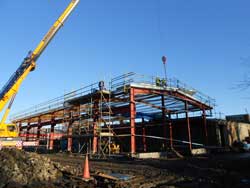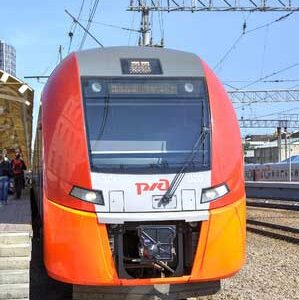The constant mission to reduce pollution and produce more fuel efficient vehicles led to major research and development in the auto industry. Now all major car manufacturers have a hybrid vehicle in their suite of offerings.
With air traffic forecast to continue to increase there are demands for additional runways and extra services. This, of course causes conflict. Flight companies want to meet the needs of the consumers, but plans for increasing runways and flight services are meeting opposition due to the anticipated increase in noise and pollution.
Could there be a solution? Can we ever have quieter runways and less pollution? Siemens and Airbus think we can!











Recent Comments